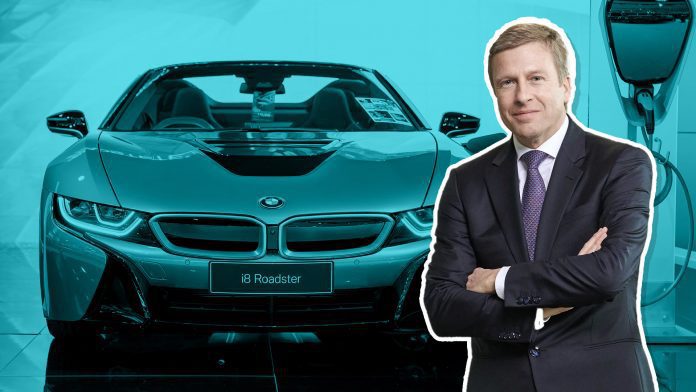BMW’s final tally for 2022 revealed a 108% increase to its EV deliveries, but a 4.8% drop in global sales.
The success of the company’s electric lineup is hardly a surprise, as many automakers successfully grew their market share throughout last year. The German brand sold 215,755 battery-powered cars globally across its subsidiaries, twice what it sold the year before, 15,584 of which went to the U.S. Much of the growth was concentrated in the most recent quarter, which accounted for roughly 41% of its overall EV sales total. The only electric cars to drop in 2022 were its hybrids, which declined 3% year-over-year. Deliveries have a good chance of continuing their upward trend, spurred by increasingly unshackled consumer demand.
Unfortunately, the automaker was unable to shake the bad luck that has plagued the industry for the last two years. Both its BMW and Mini suffered 4.8% and 3% sales declines in 2022 respectively, and although the growth in EV sales is encouraging news, the reduction is a difficult pill to swallow, given the originally hopeful outlook the industry had at the start of last year. The company attributed the loss to international conflict, production disruptions and supply chain constraints.
However, the rate with which automakers grew EV deliveries is a good indication of things to come. Although interest in the technology has grown slowly, the stage seems set for rapid growth. But if the industry is hoping for more consumer enthusiasm in 2023, dealerships and automakers will need to resolve problems of affordability and inventory to change the minds of increasingly frustrated buyers.
Did you enjoy this article? Please share your thoughts, comments, or questions regarding this topic by connecting with us at newsroom@cbtnews.com.
Be sure to follow us on Facebook, LinkedIn, and TikTok to stay up to date.
While you’re here, don’t forget to subscribe to our email newsletter for all the latest auto industry news from CBT News.




